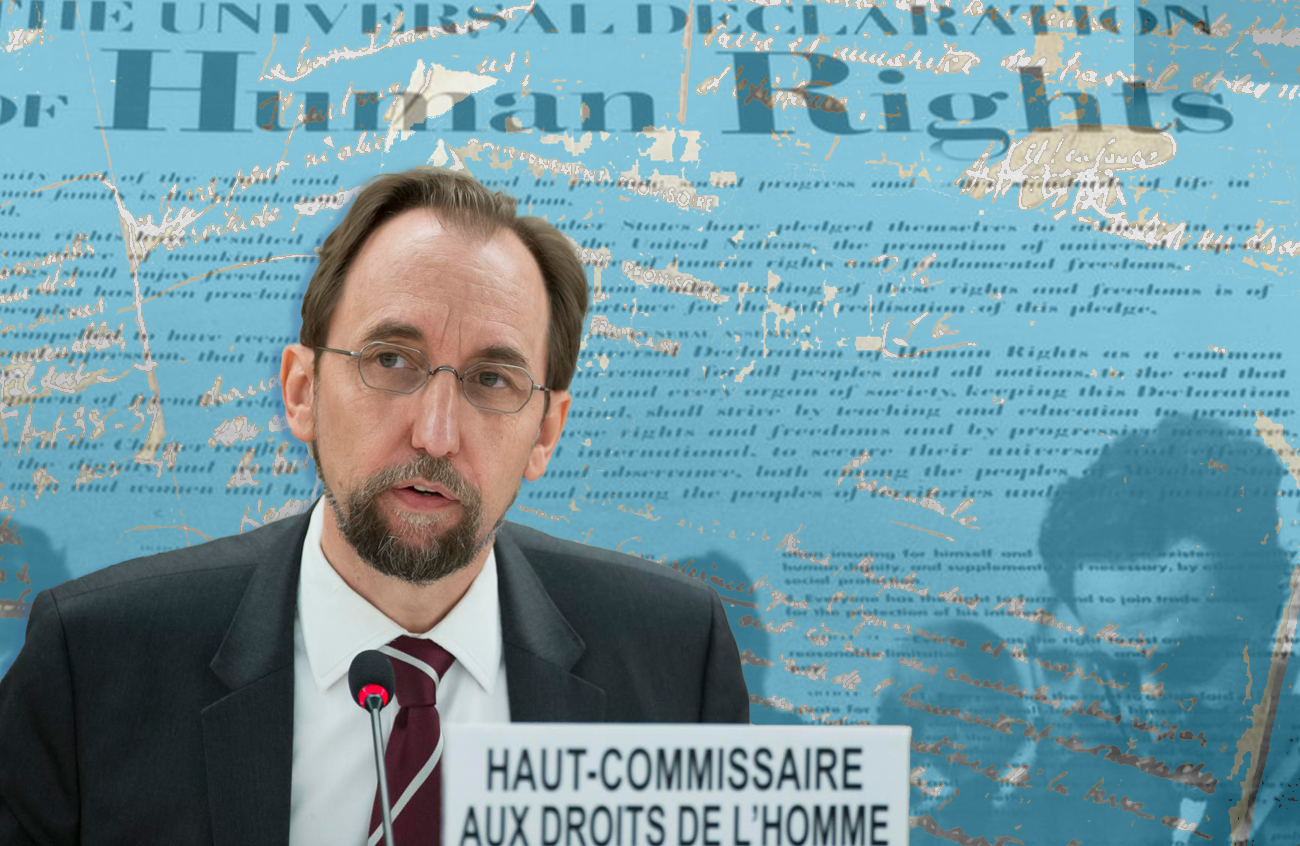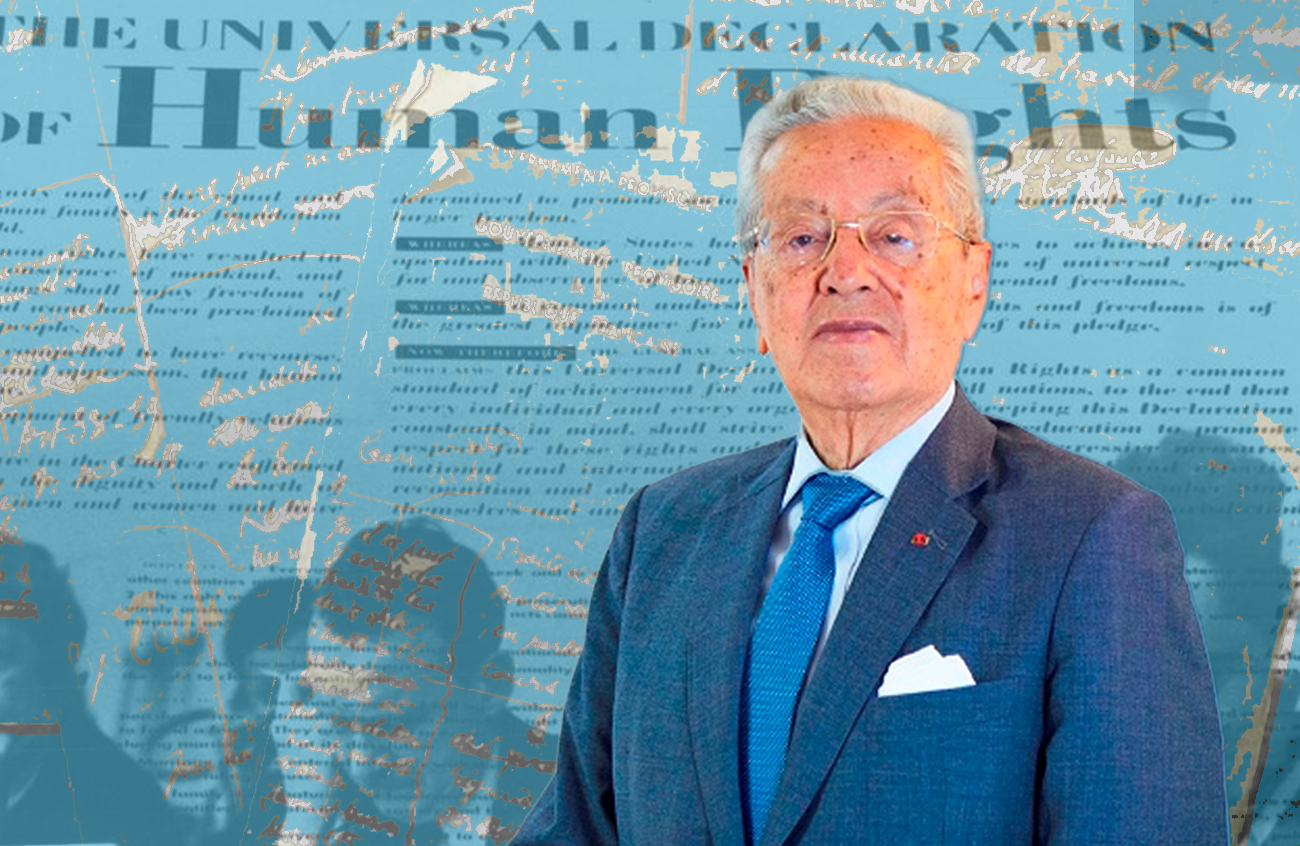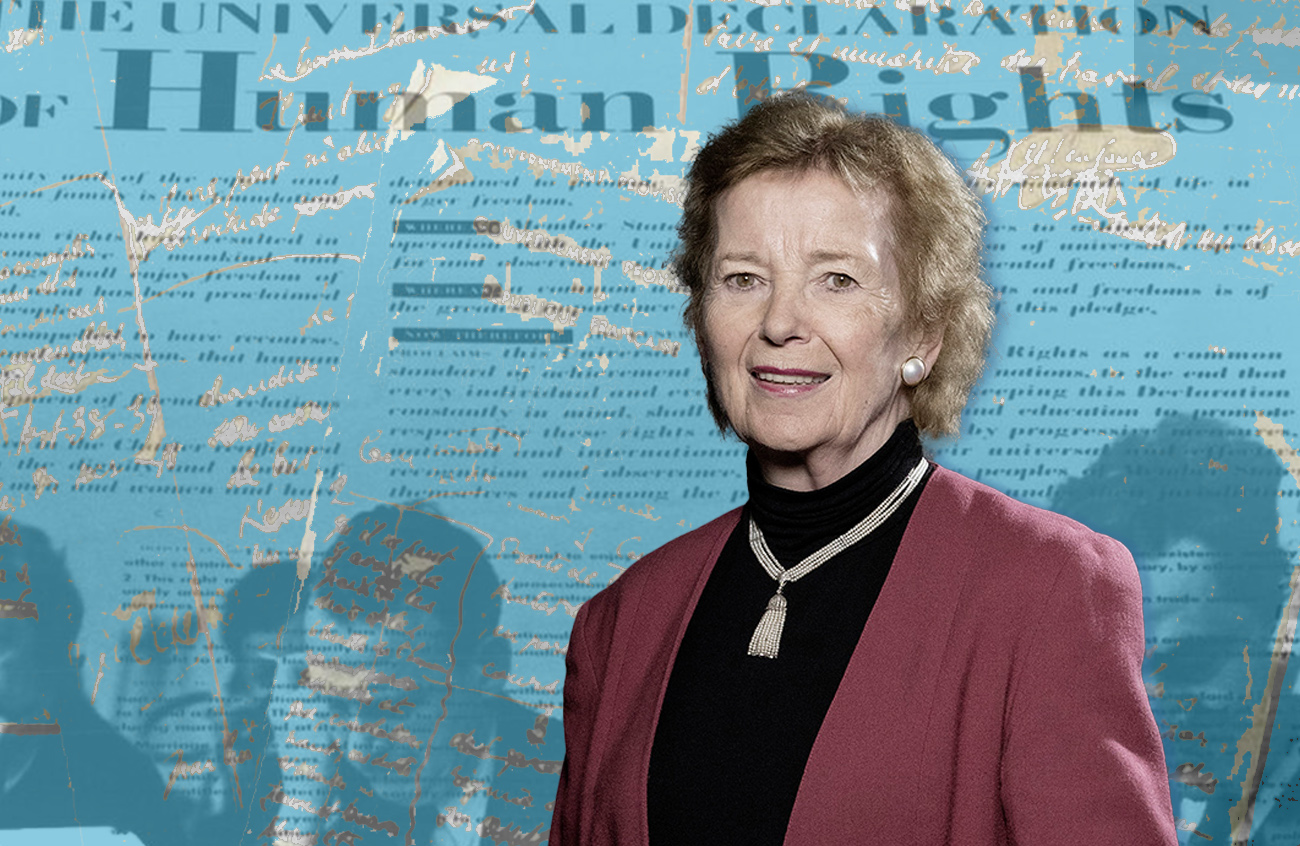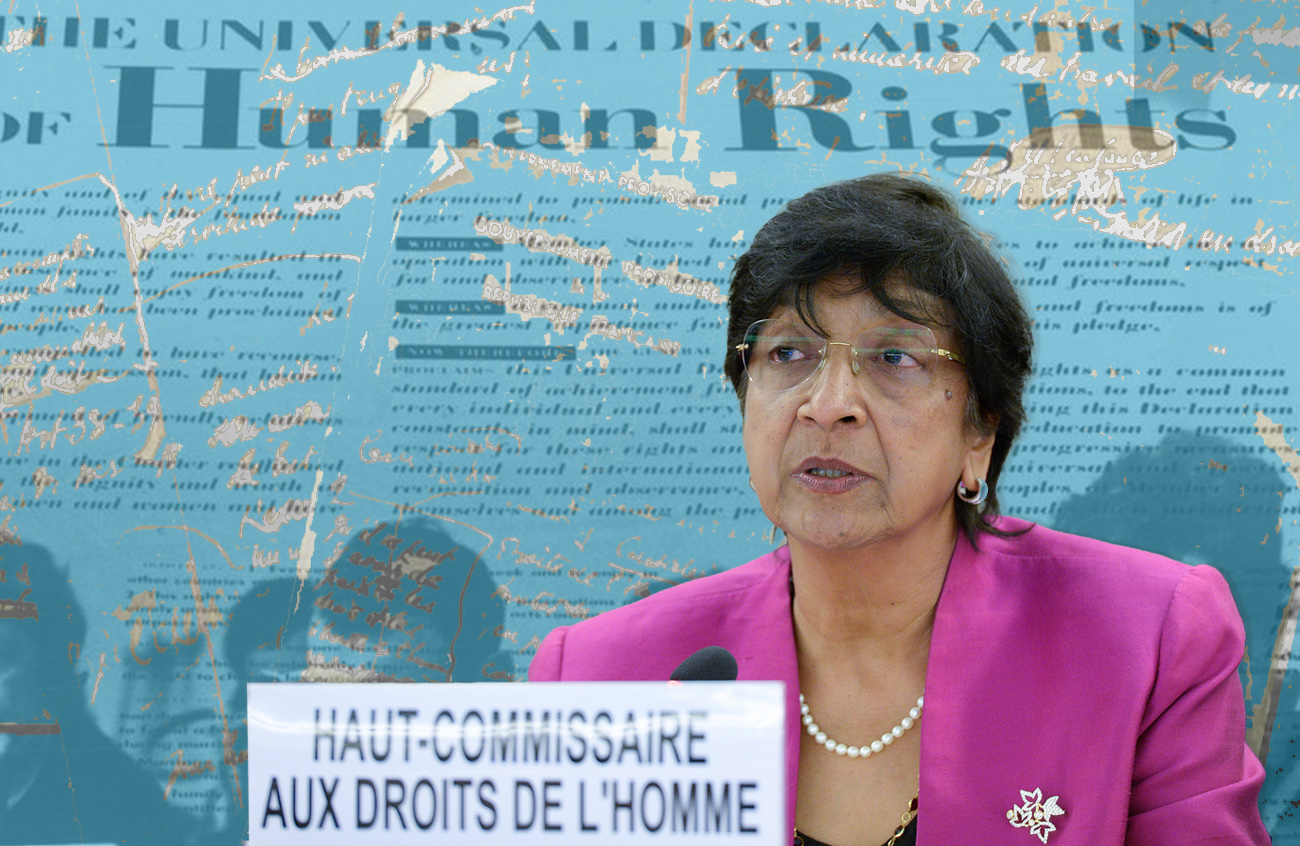Zeid Ra’ad Al Hussein: the UN ‘is not there to become friendly with member states’

Every UN Human Rights Commissioner brings their own experience and personality to the job. Zeid Ra’ad Al Hussein, who held the post from 2014 to 2018, is no exception.
Unlike Louise Arbour, who cautioned against too many public condemnations of violations – she described them as being like “a scream in the wilderness”, Zeid was famously outspoken. The UN “is not there to become friendly with member states,” he argues. To be taken seriously, he still believes, UN diplomats need to be blunt.
From Jordan to Yugoslavia to New York
Zeid admits that, growing up in a privileged background in Jordan (he’s actually a member of Jordan’s royal family) he didn’t have his sights set on a career in human rights: “no, I was far too immature and delinquent to be thinking lofty ideas and profound thoughts.”

More
Zeid Ra’ad Al Hussein: the UN ‘is not there to become friendly with member states’
But a job with the UN’s protection force during the war in former Yugoslavia opened his eyes to the brutality that human beings are capable of. It also brought home to him the often flawed nature of UN diplomacy. Bad things happen, he firmly believes, when the UN is too timid. “I knew from my experience in former Yugoslavia, that if the UN believed that it’s in the friends business, it produces catastrophic results.”
So when the call came to become UN Human Rights Commissioner, did he hesitate? In fact, he says now, he didn’t necessarily want the job. He had planned to leave the UN but stay in New York. Instead, he stayed with the UN and left New York for Geneva.
2023 is the 75th anniversary of the Universal Declaration of Human Rights, a ground-breaking set of principles which has become the most translated document in the world. The current UN High Commissioner for Human Rights, Volker Türk, describes the declaration as “a transformative document […] in response to cataclysmic events during the Second World War.”
The very first UN commissioner, Jose Ayala Lasso from Ecuador, took office in 1994. Why did it take so long to appoint someone when the Universal Declaration was drafted in 1948?
Our Inside Geneva podcast has interviewed all the former UN High Commissioners for Human Rights (a job sometimes called the UN’s toughest) to hear their experiences, their successes, and their challenges.

More
José Ayala Lasso: ‘We should not lose our faith’
Good headlines
Journalists remember that with Zeid there was always a good headline. In 2014, in his first speech to the UN Human Rights Council, Zeid, the first Muslim to hold the post, unreservedly condemned Islamic State, calling it a “house of blood”.
He trained his critical eye on some of the world’s oldest democracies too, as many appeared to be wobbling, leaning towards a populism whose message was often racist.
In a speech in 2016 at The Hague, he condemned “nationalist demagogues” like the Netherlands’ Geert Wilders, Marine Le Pen of France, and Nigel Farage in the United Kingdom, accusing them of creating an atmosphere “thick with hate”.
And when, during the 2016 presidential election, candidate Donald Trump said he would approve the torture of suspected terrorists, Zeid said he believed Trump’s election would be “dangerous”.
Any regrets?
Does he regret making any of those headline-grabbing remarks? It seems not; he still laughs infectiously at the memory of the storm his Trump remarks caused. But, he points out, all sorts of other work was done during his time in office, from Syria to Myanmar to Venezuela.
Zeid’s vision for the UN is enticing; he believes it could wield far more power if only its leaders had the courage to stand up for fundamental rights and values, and for multilateralism.
And for those who fear his vision is unrealistic, he counters that, in this year of the 75th anniversary of the Universal Declaration of Human Rights, the basic goal of the UN is, in some ways, quite modest.
“What we’re aiming at is to create a better human being. That’s what we’re trying to do with the human rights agenda, to improve ourselves and our conduct. To speak out and use non-violent means to protest conditions which are fundamentally unjust and unfair. And who can argue with that?”

In compliance with the JTI standards
More: SWI swissinfo.ch certified by the Journalism Trust Initiative











You can find an overview of ongoing debates with our journalists here . Please join us!
If you want to start a conversation about a topic raised in this article or want to report factual errors, email us at english@swissinfo.ch.